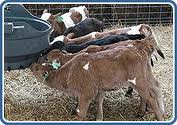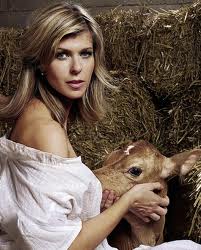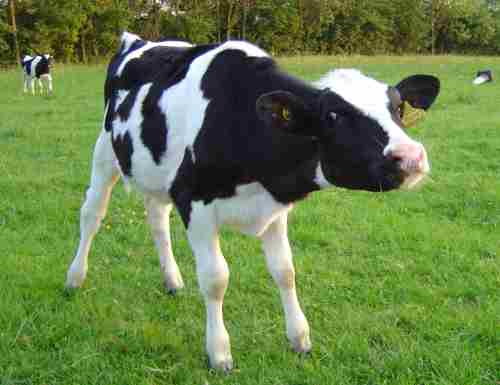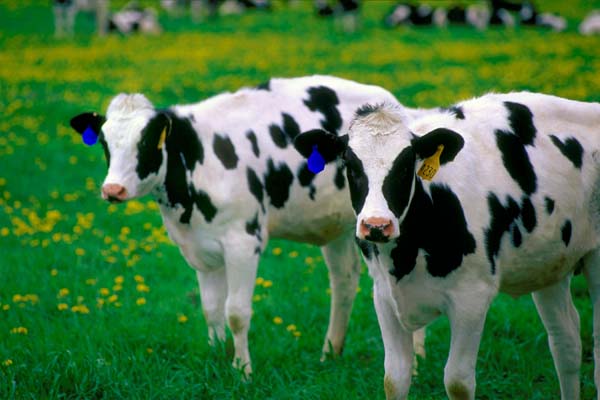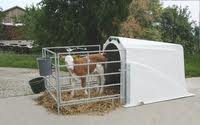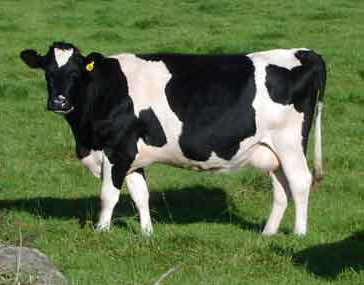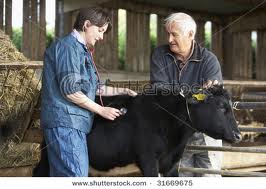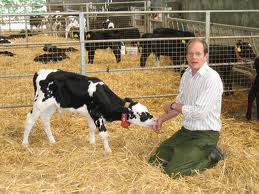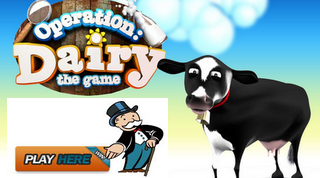Calving and Calf Management
(Dairy Vietnam) US- The US Department of Agriculture has released a study of the 2011 heifer rearing industry offering a rare overview of operations on over 200 farms.
(Dairy Vietnam) US - Fresh, refrigerated or frozen, colostrum still is the best thing dairy owners can feed newborn calves, according to a joint study by Texas A&M AgriLife Research and the University of Florida.
UK - Numerous reports of pneumonia associated with Mannheimia infections have been observed in growing calves, according to the latest AHVLA Scanning Surveillance Report.
The aim of successful calf rearing is to produce a healthy calf which is capable of optimum performance throughout its life from birth through to finishing, reports Bernadette Earley, Animal & Grassland Research and Innovation Centre, Teagasc.
The life cycle of an animal starts at conception. With cattle, the calf is born after a period of 283 days or approximately 9 months of pregnancy. One of the most important factors affecting the management of breeding, is the length of this gestation period (the time the cow carries the calf from conception to birth). After calving, a cow should not be brought to the bull before at least 50 days have elapsed to allow the uterus time to undergo involution (a necessary period of rest and recuperation from possible injuries suffered at calving).
With higher calf prices in the fall of 2010, there is a belief in the industry that the prices will hold going into the fall of 2011. Higher prices provide an incentive to increase calf weaning weights and dollars received per calf when this upcoming calf crop is sold.
Contents
1. Why Feed Milk Replacer?
2. Milk Replacer Ingredients
3. Key Benefits Of Merrick's Manufacturing Process
4. Milk Replacer Tags
5. Raising a Healthy Calf
6. Milk Replacer Start-up Tips & Feeding Suggestions
Researchers at the Animal and Grassland Research and Innovation Centre, Teagasc, Ireland, look at the different production methods for male calves from the dairy herd.
UK - Poor colostrum management and low vaccination rates are the two main reasons why so many UK dairy and beef units continue to struggle with costly and debilitating calf scour problems.
Though veal can be produced from a calf of either sex and any breed, most veal comes from male (bull) calves of dairy cattle breeds. Veal has a delicate taste and tender texture, is lean and nutritious.













